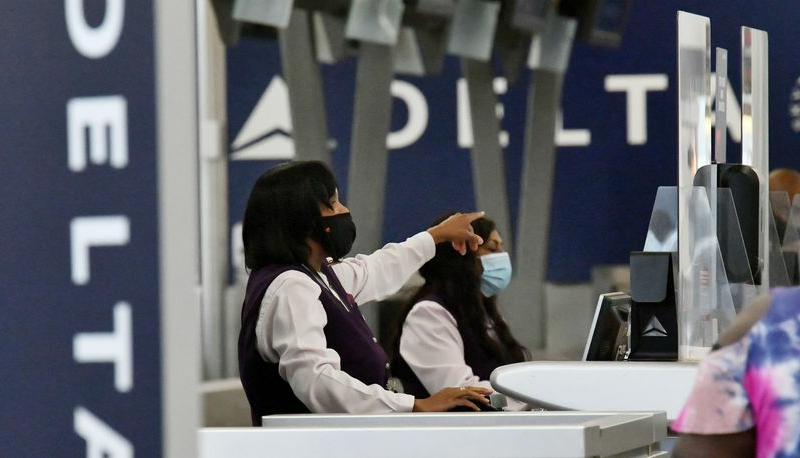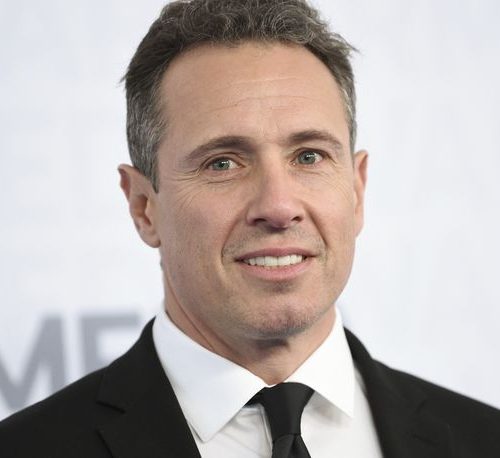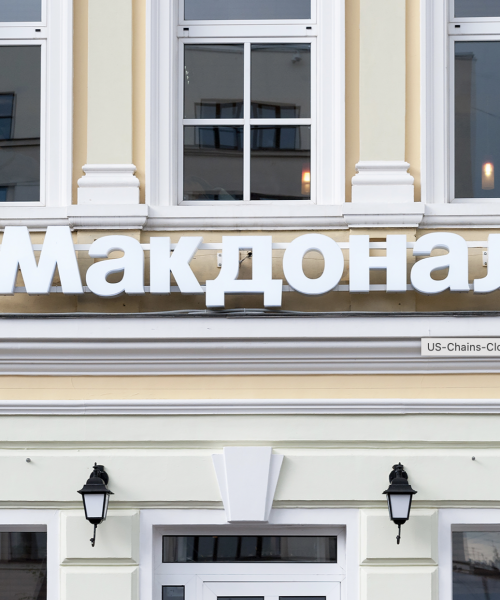By Kelly Yamanouchi, The Atlanta Journal-Constitution
Troy Warren for CNT #Business
Last year, as the pandemic upended the travel industry, more than 40,000 Delta employees took voluntary unpaid leave. Many of the company’s other workers saw their hours and pay slashed by 25%.
But there was another data point that made it clear to the airline’s executives that their workforce needed help.
In total, Delta employees — who numbered more than 90,000 before the pandemic — took about $1 billion from their 401(k) retirement plans in early withdrawals last year. The raiding of retirement funds was an indication that employees were in financial straits.
So, Delta CEO Ed Bastian turned to the nonprofit called Operation HOPE to expand financial coaching for the airline’s employees. Delta is paying for 10 coaches to be stationed at its hubs.
“Our whole company sacrificed in 2020,” said Delta vice president Kelley Elliott, who manages compensation and benefits at the company. “We saw that there was a need. … Financial well-being is really important. The stress can affect all aspects of a person’s well-being.”
A PriceWaterhouseCoopers survey this year showed that nearly two-thirds of full-time employees said their financial stress has increased since the start of the pandemic. Of those people, 45% said finances have been a distraction at work.
About 24% of employers surveyed by the Society for Human Resources Management this year offer financial coaching, a perk more are taking advantage of since the start of the pandemic.
Industry group Airlines for America called the impact of COVID-19 and the resulting 60% drop in air travel last year “unprecedented and debilitating,” with a “staggering” impact on airlines and their employees.
Bastian said the coaches, whose services are free to Delta employees, are “non-judgmental” and skilled in helping people.
While Delta restored full pay this year, many employees are still taking a financial hit. In pre-COVID-19 days, workers enjoyed generous profit sharing bonuses. The last annual bonus in February 2020 amounted to about two months of pay. But there were no bonuses this year, after the company lost $12.4 billion in 2020. The company expects to lose money in 2021, as well, so employees will again miss out on a profit sharing bonus next February.
Advocates say providing financial coaching isn’t just good for employees. It’s good for companies.
Wage garnishments, payday advances and 401(k) loans are costly to administer.
“Other direct costs of employee financial problems may include theft and embezzlement, absenteeism and spending time on the clock dealing with personal financial problems,” a 2009 report from the Federal Reserve Bank of Kansas City said.
Financial wellness programs can help reduce turnover and increase employee satisfaction, according to Truist head of financial wellness Brian Nelson Ford, who started a company to offer such programs and sold it to SunTrust Bank. And, when companies make financial counselors available, employees feel that their employer cares about them, he said.
“If you poll employees, they will all say they want more money and more time off,” Ford said.
“That’s not always possible for businesses,” he said, but helping workers better manage their money may be.
In Other NEWS



































